Have you ever looked at your furry friend and thought, "Wow, they can sense things I can't?" Well, you're absolutely right! Our dogs are more than just companions; they're incredibly intuitive creatures with a knack for picking up on things that even the most advanced technology sometimes misses. One of the most amazing abilities dogs have is detecting illness. Yes, you read that correctly—dogs can be trained to sniff out diseases, sometimes before we even know something's wrong.
The Incredible Nose of a Dog

We all know dogs have a strong sense of smell, but did you know that it's up to 100,000 times more sensitive than ours? That's like being able to smell a single drop of perfume in an Olympic-sized swimming pool! This incredible sense of smell is what makes them so good at detecting things like bombs, drugs, and yes, even illnesses.
How Do Dogs Detect Illness?
You might be wondering, "How on earth can a dog smell illness?" Well, it's all about those tiny chemical changes that happen in our bodies when we're sick. Diseases like cancer, diabetes, and even certain infections cause our bodies to release unique odors that we can't detect, but our dogs can. With training, they learn to recognize these specific scents and alert their dog parents when they detect something unusual.
What Illnesses Can Dogs Detect?

The list is growing as more research is done, but here are a few conditions that dogs have been trained to detect:
-
Cancer: Some dogs can sniff out different types of cancer, including breast cancer, lung cancer, and even skin cancer.
-
Diabetes: Specially trained dogs can detect when a person's blood sugar levels are too low or too high by smelling changes in their breath or sweat.
-
Seizures: While not exactly an illness, some dogs can sense when a seizure is about to happen and warn their parent in advance.
-
Infections: Certain infections cause changes in our body odor that dogs can pick up on, sometimes even before we show any symptoms.
Training Dogs to Detect Illness
Training a dog to detect illness takes time, patience, and a lot of positive reinforcement. It starts with exposing the dog to the scent they need to recognize. For example, if a dog is being trained to detect cancer, they might be given a piece of clothing worn by someone with the disease. The dog is rewarded every time they correctly identify the scent, which helps them learn to associate that particular smell with a treat or affection from their human.
As they get better, the training becomes more challenging, with the scent becoming less obvious or mixed with other smells. Eventually, these dogs can detect even the faintest hint of an illness, often before any other signs appear.
Real-Life Superheroes

These dogs aren't just pets; they're real-life superheroes. They've saved countless lives by detecting illnesses early, sometimes when the person had no idea anything was wrong. Imagine having a dog who can tell you it's time to see a doctor before you even feel sick. It's like having a furry, four-legged guardian angel looking out for you!
The Bond Between Dogs and Their Parents
This kind of training strengthens the bond between dogs and their parents even more. It's not just about teaching them a trick; it's about building trust and understanding. Your dog isn't just your best friend; they're your partner in health and well-being.
Why Should You Consider a Medical Detection Dog?
If you or someone in your family has a condition that could benefit from having a medical detection dog, it might be worth considering. These dogs can offer peace of mind, early detection, and, in some cases, even save lives. Plus, they provide all the love and companionship that comes with having a dog.
The Future of Medical Detection Dogs
As science continues to explore the abilities of dogs, we might discover even more ways they can help us. Who knows? In the future, dogs might be trained to detect a wider range of diseases or even predict illnesses before they develop.
How You Can Support This Amazing Work
If you're inspired by the idea of dogs detecting illnesses, there are ways you can support this work. Many organizations train medical detection dogs, and they often rely on donations to keep going. Volunteering your time or even spreading the word about the importance of these dogs can make a big difference.
Conclusion
Isn't it incredible to think that your dog could do something as amazing as detecting illness? These furry superheroes are truly remarkable, and their ability to sense changes in our health is just another reason to love and appreciate them. Whether you have a dog who’s already trained to do this or you’re just amazed by the possibility, it’s clear that dogs are more than just pets—they’re partners in our lives, health, and happiness.
FAQs
Can any dog be trained to detect illness?
Most dogs have an excellent sense of smell, but not all dogs have the temperament or focus needed for this kind of work. Typically, dogs who are calm, attentive, and eager to please make the best candidates.
How long does it take to train a medical detection dog?
Training can take several months to a few years, depending on the complexity of the illness they're being trained to detect and the dog’s learning pace.
Are there specific breeds that are better at detecting illness?
While certain breeds like Labradors and German Shepherds are commonly used, any dog with the right temperament and sense of smell can potentially be trained.
Can a medical detection dog replace medical tests?
No, these dogs are an early warning system. They can alert you to potential problems, but you should always follow up with your healthcare provider.
What should I do if my dog starts acting differently around me?
If your dog is suddenly paying extra attention to a certain area of your body, acting anxious, or trying to alert you to something, it’s worth getting checked out by a doctor, just to be safe.


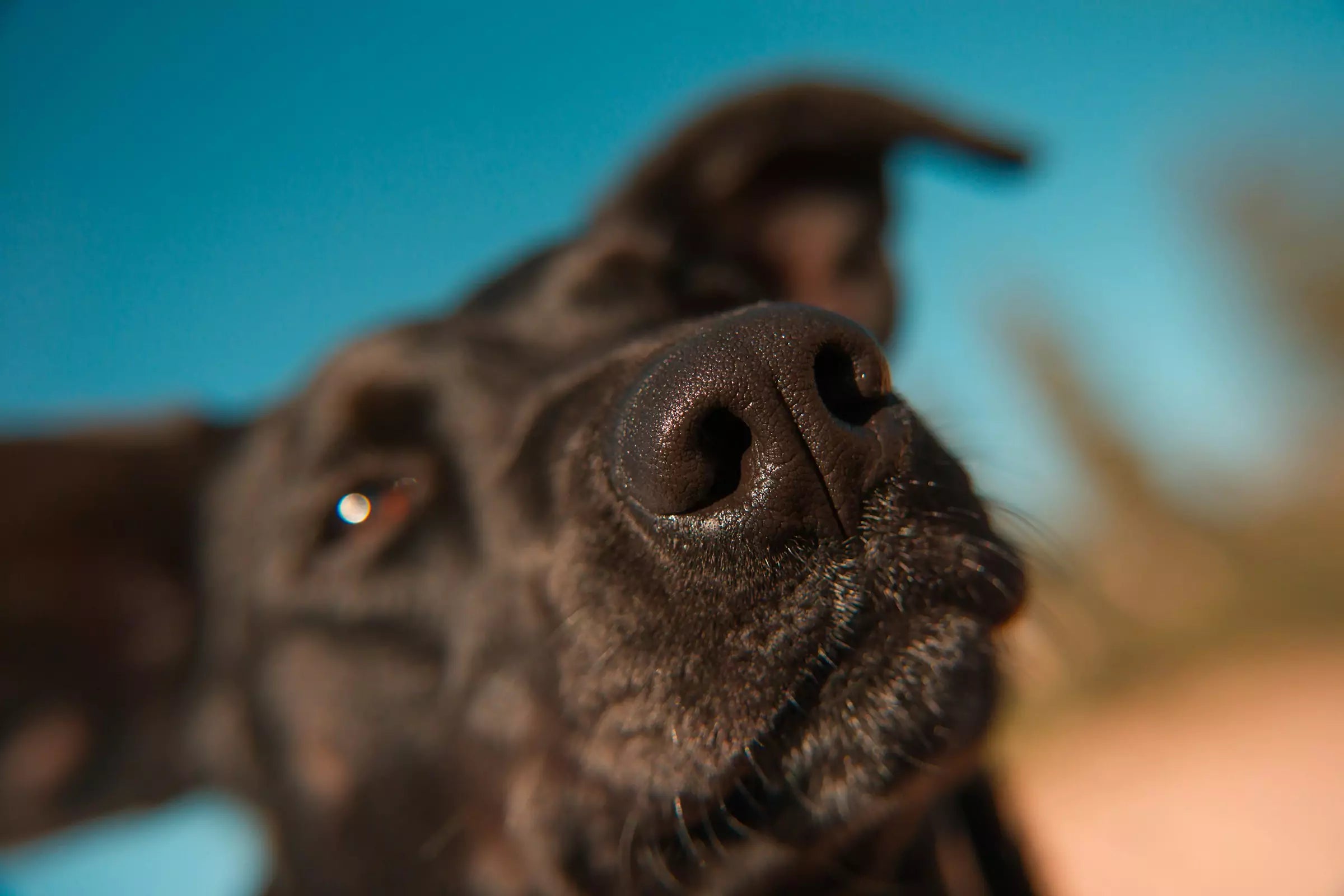
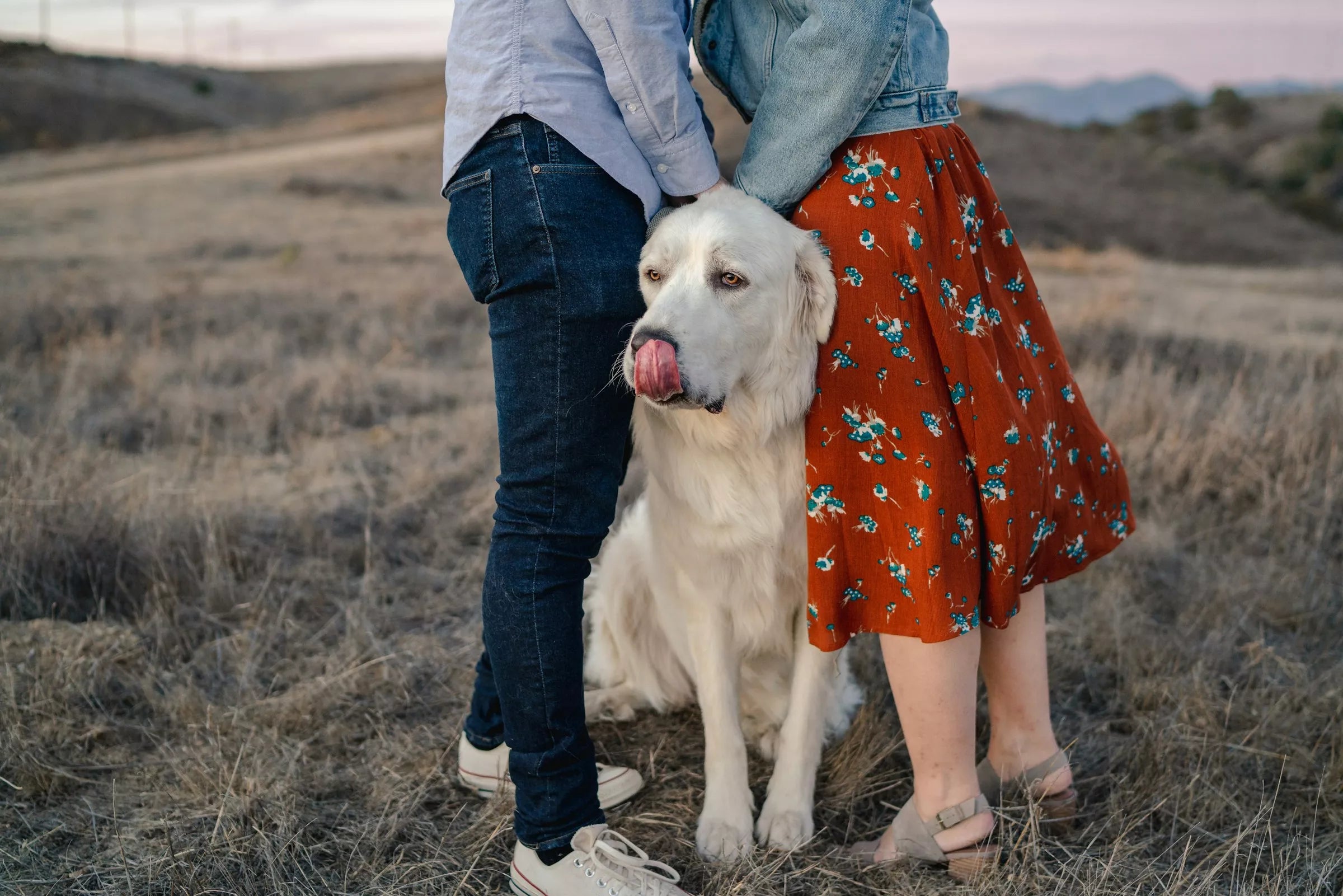
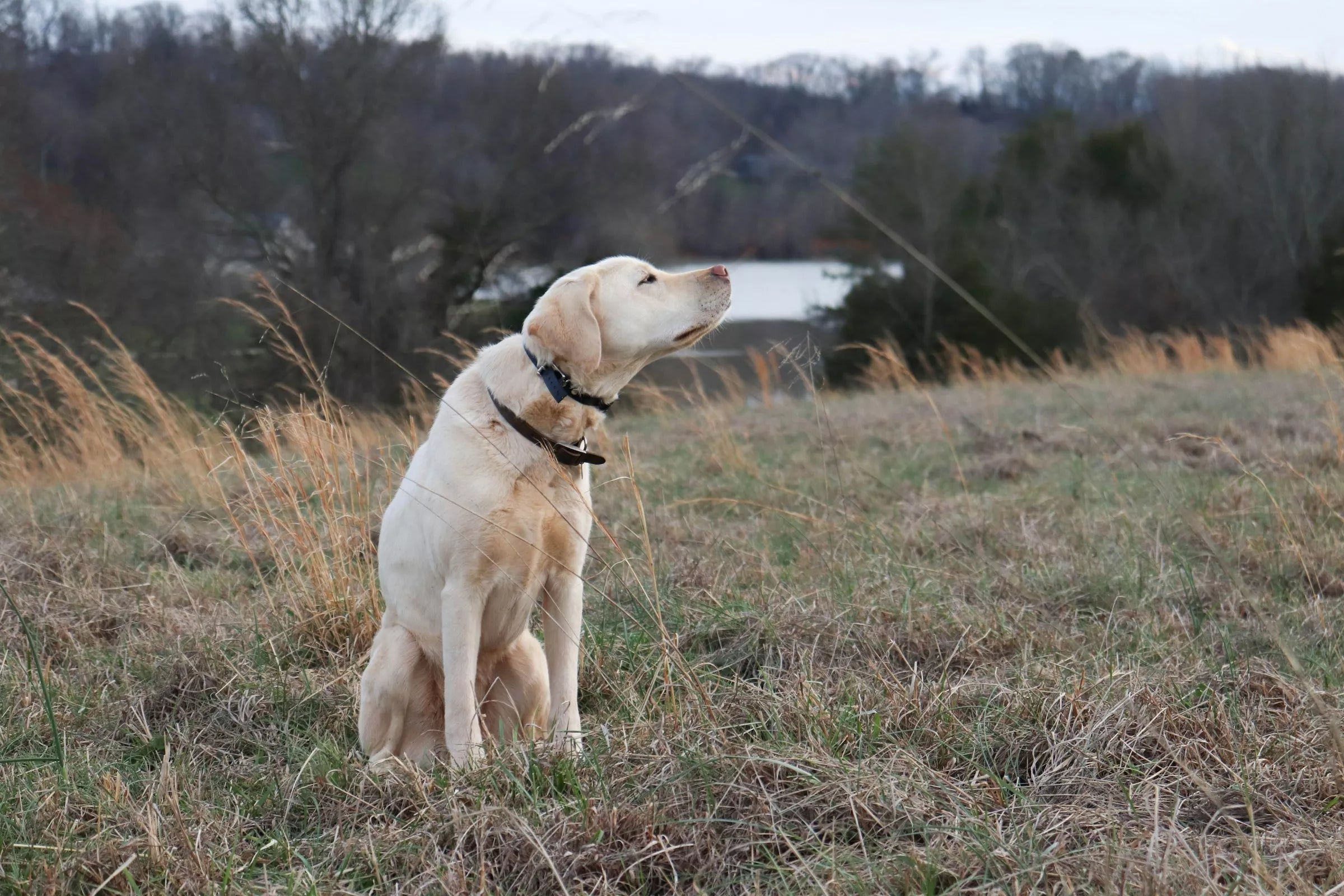
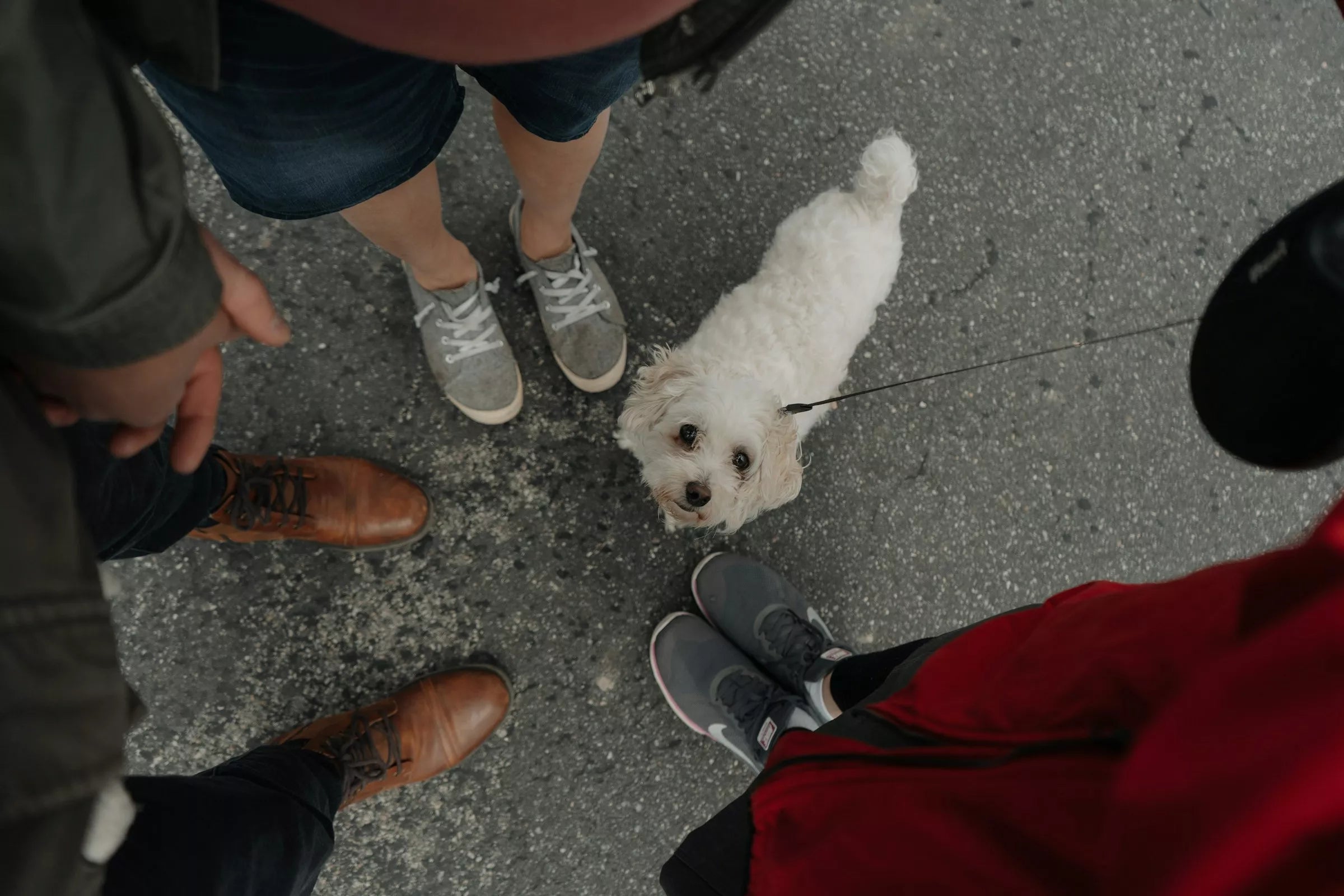
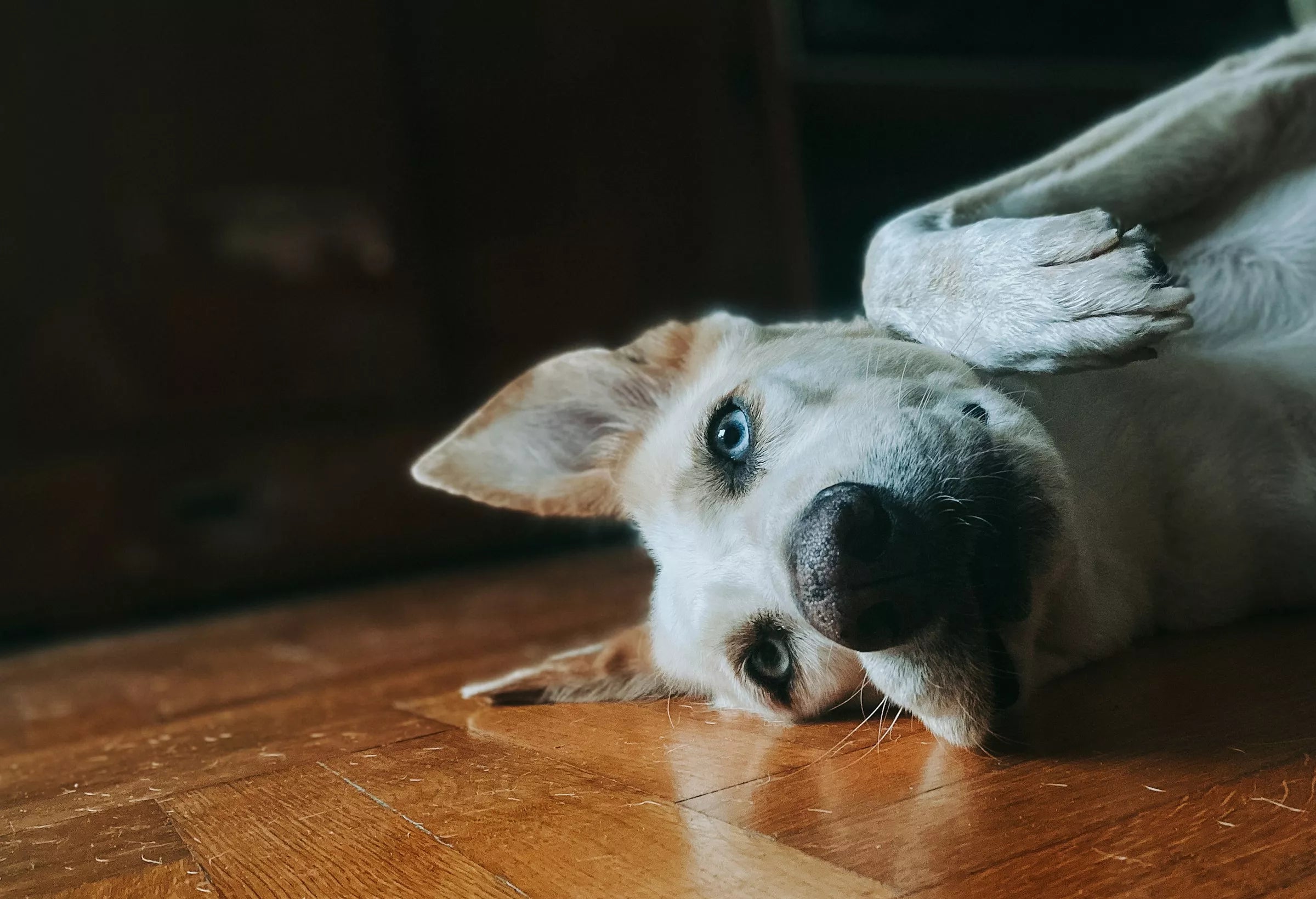

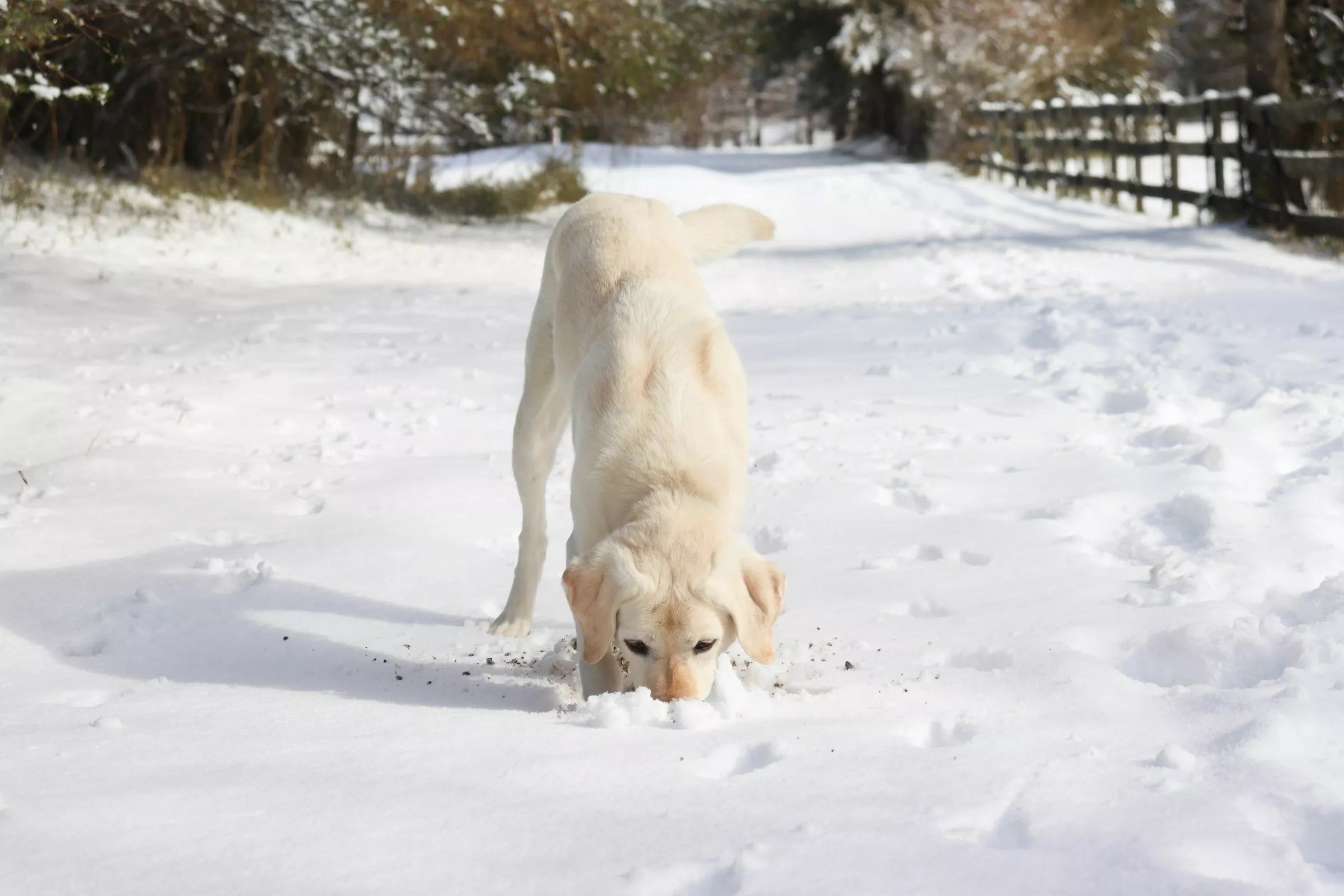






Share:
7 Signs Your Dog Needs More Exercise
Never Let Your Dog Eat These 5 Foods